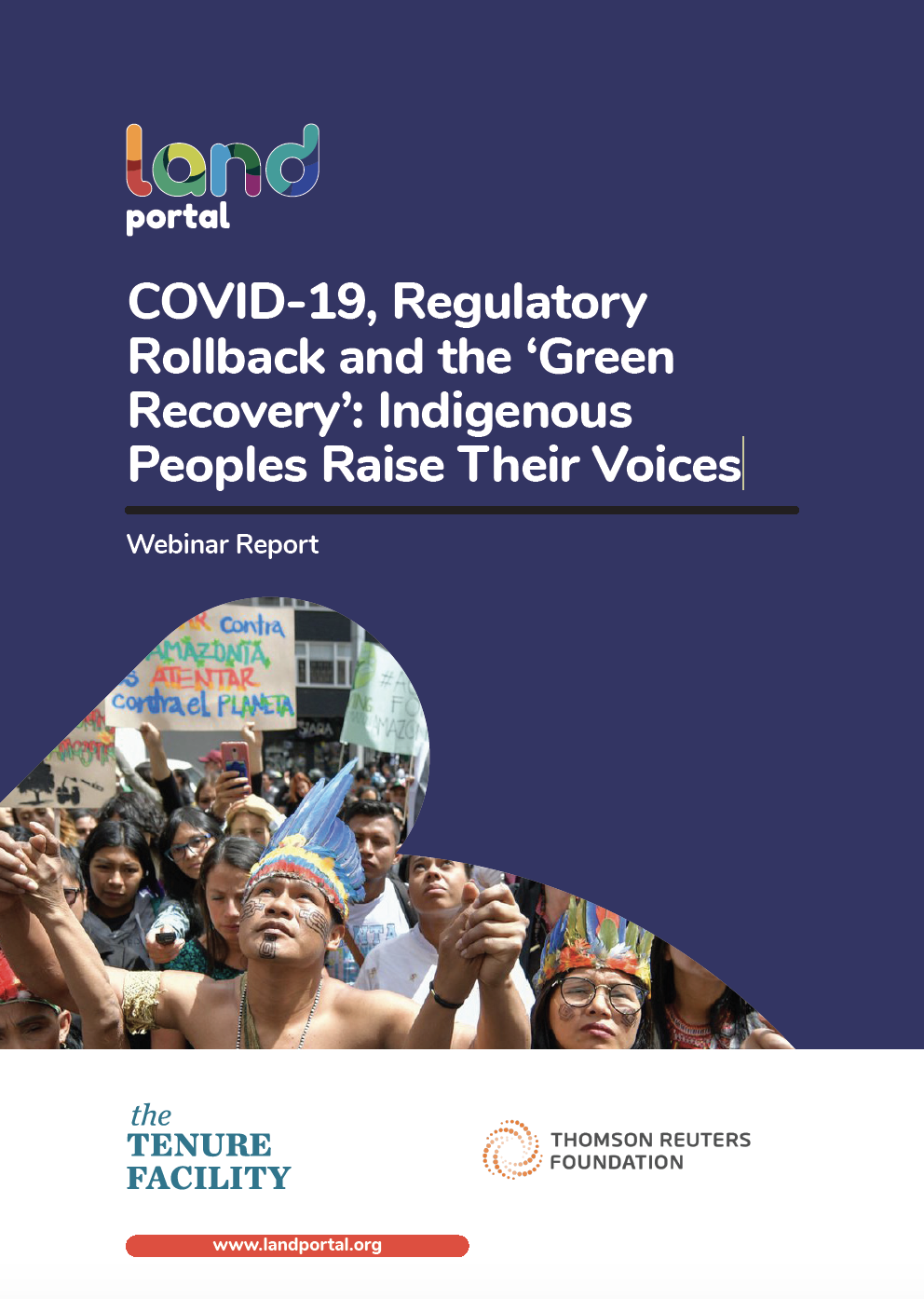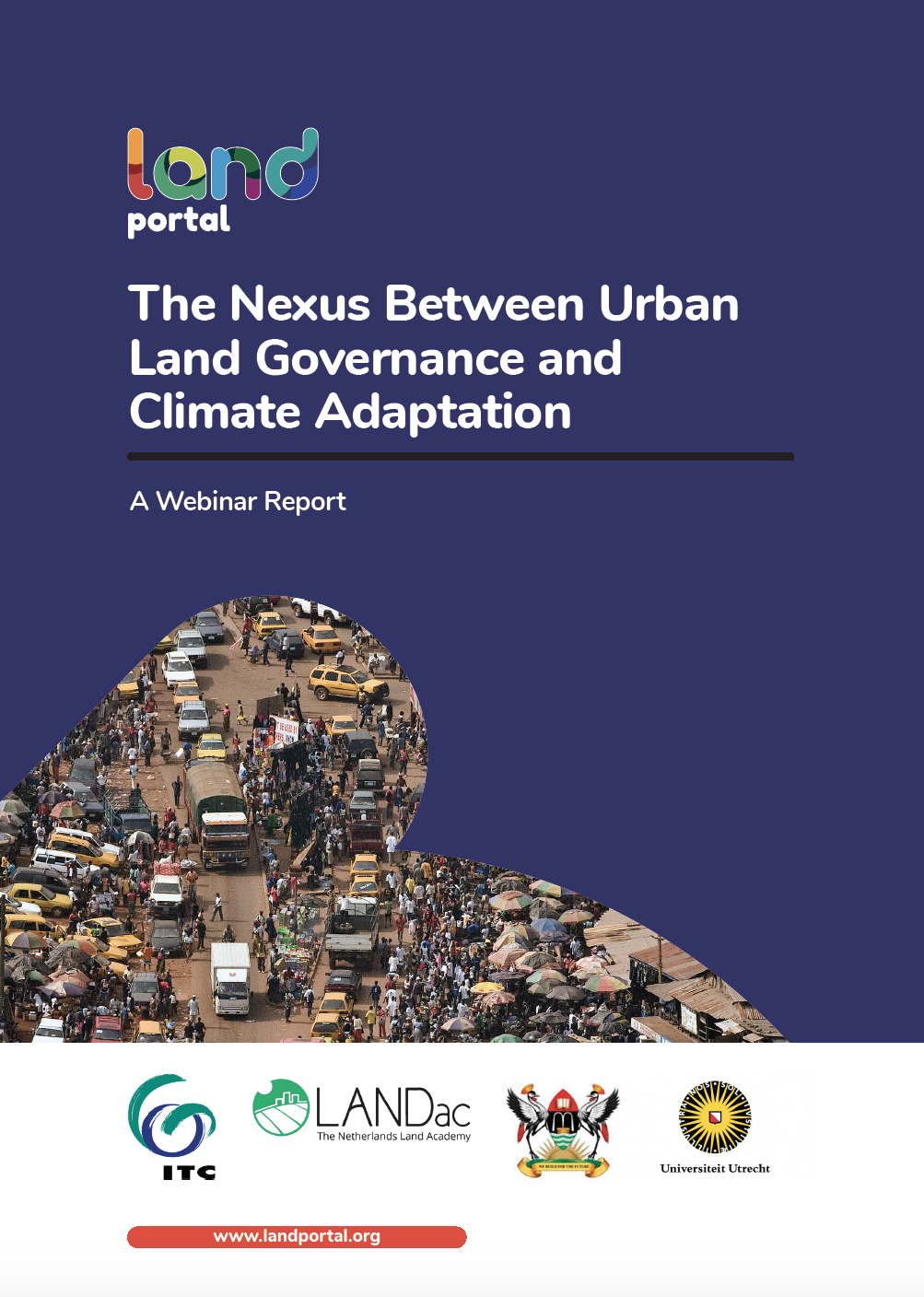COVID-19, Regulatory Rollback and the ‘Green Recovery’: Indigenous Peoples Raise Their Voices
COVID-19 has negatively affected indigenous land rights, particularly for those who already face food insecurity as a result of land confiscation or grabbing and the loss of their territories. Prior to the COVID-19 crisis, the expropriation of indigenous lands and natural resources and the increase in conflicts on their territories were already placing indigenous peoples in a particularly precarious situation. The crisis has led to reports of encroachment upon indigenous land by opportunists, such as illegal loggers and miners.





